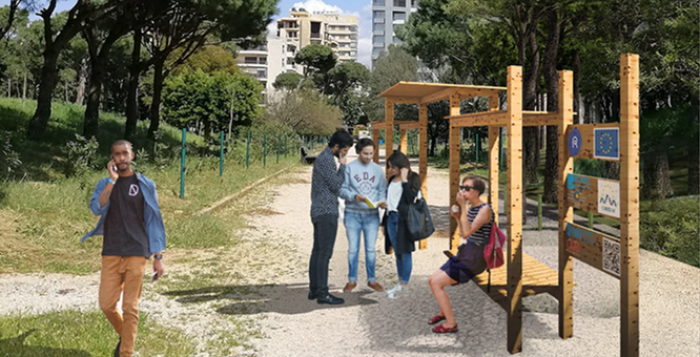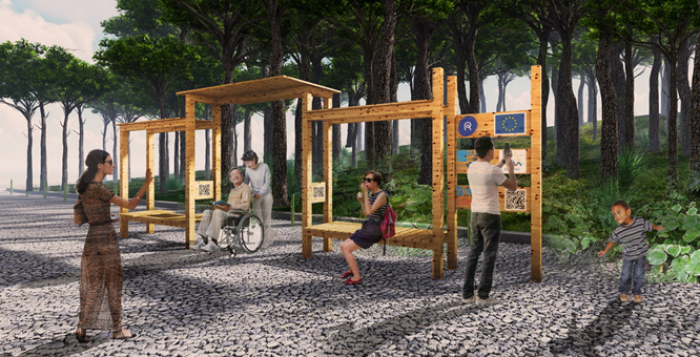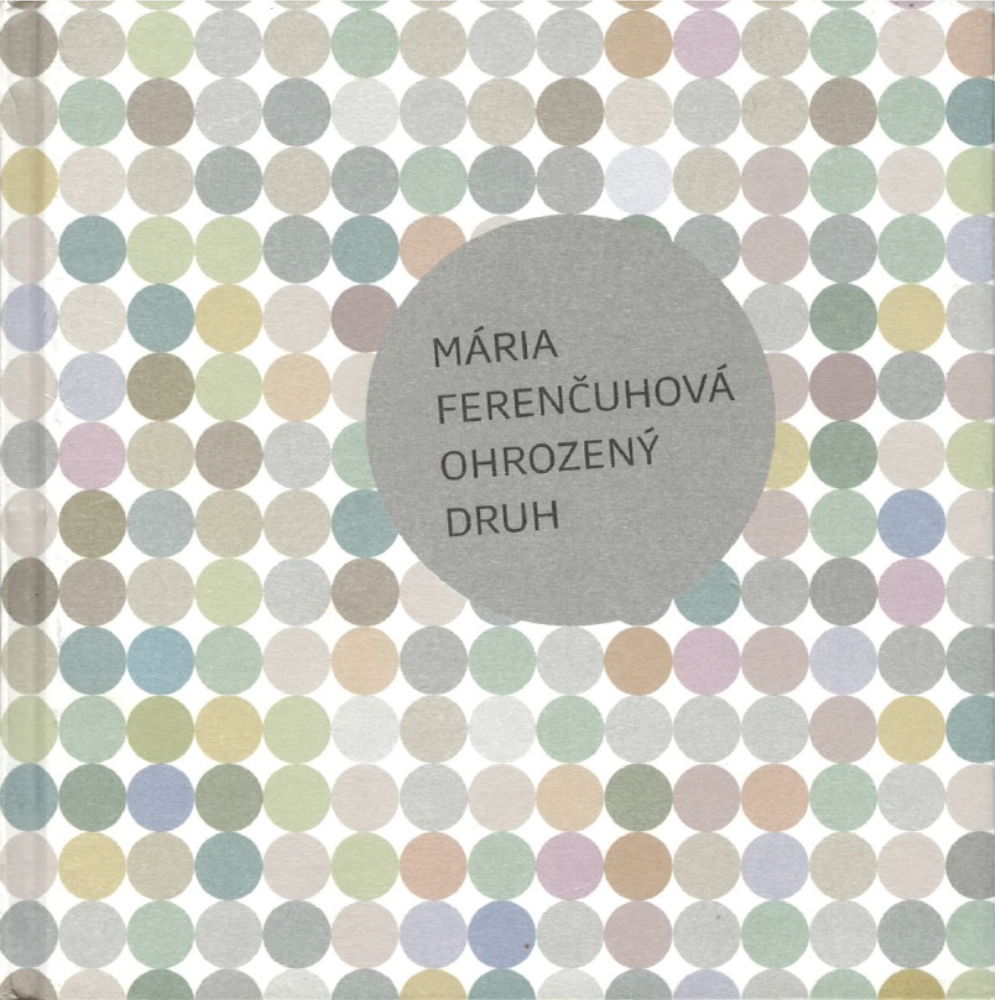The Notre Dame University in Beirut will create an installation offering an interactive experience through a pathway that may or may not lead to a destination. The pathway’s edges will foster interaction rather than segregate people, to echo the idea of inclusion.
w-ALL: Blurring Boundaries
Europe Readr spaces are popping up around the globe, but this one is very special and dear to our hearts. Throughout July, architecture students from the Notre Dame University–Louaize and the local NGO NAHNOO were designing a w-ALL installation, which will be situated in the Horsh pine forest of Beirut. Its position along the wartime demarcation line and different sectarian communities makes it a most promising space for cultural dialogue.


The project aims to find synergies between Europe Readr's objective to promote reading and public discussion on the one hand, and the social need for inclusion and interaction on the other. It is a reinterpretation of boundaries, negating the notion of separating walls, which can be found in the city of Beirut and in the park where the w-ALL installation will be located.
The project follows the three dimensions of sustainability – social, economic and environmental – as it meets the community's need for a reading oasis. It is designed to foster equality by addressing all social groups in the part of the city accessible also to the elderly and the physically challenged.
We hope to see it come to life soon.

The poet and critic Ján Gavura has coined the phrase “oko kameramanky” (camerawoman’s eye), referring to her work as a lecturer on film. This is slightly misleading for Anglophone readers for whom Isherwood’s “I am a camera” belongs to another era of realism in writing. Mária is not a realist in that sense at all. Certainly there is an ability to switch visual perspectives in the space of a single poem, to zoom in and out. In “Threatened Species,” the sequence opens with a view from space: “The view from above doesn’t belong to a god / but a satellite”; but by section ten we have a microscopic viewpoint: “we examine the skin on faces, / maps of blood vessels, craters for cells.” There is also a merging of the self with the environment; human beings in Mária’s poems are also animals and not separated from the environment. Often in her poetry the body becomes both exterior and interior landscape, a juxtaposition of macroscopic and microscopic vision akin to the hermetic doctrine of “as above, so below.” I read Mária’s poetry with same excitement that I first read the English Metaphysicals many years ago.
